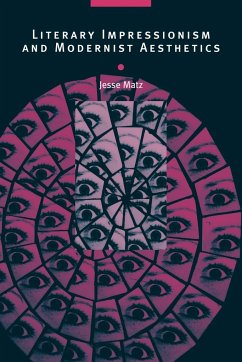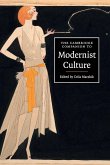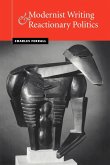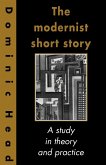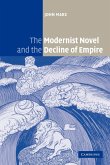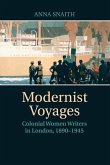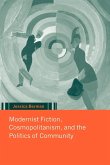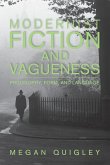This study addresses the problems of perception and representation that occupied modernist writers such as James, Conrad and Woolf.
Jesse Matz examines the writing of such modernists as Henry James, Joseph Conrad and Virginia Woolf, who used the word 'impression' to describe what they wanted their fiction to present. Matz redefines literary Impressionism, focusing on the way that impressions destroy standard perceptual distinctions between thinking and sensing, believing and suspecting. He argues that these writers favoured not immediate subjective sense, but rather a mode that would mediate perceptual distinctions. Just as impressions fall somewhere between thought and sense, Impressionist fiction occupies the middle ground between opposite ways of engaging with the world. Matz also argues that the resulting confusion becomes a basic plot feature of modernist fiction. This wide-ranging study addresses the problems of perception and representation that occupied writers in the early decades of the twentieth century.
Review quote:
'(?)0; this vibrant study is bound to be noticed, quoted, and remembered. And in setting a new standard for commentary on an often intractable topic, it may even set off a revived - and revitalized - debate.' Modernism/Modernity
Table of contents:
Acknowledgments; Introduction: Proust's deathless analogy; 1. Impressions of modernity; 2. Pater's homoerotic impression; 3. The woman of genius; 4. The distant labourer; 5. Woolf's phenomenological impression; 6. Three Impressionist allegories; Conclusion: Mrs. Brown and Mrs. Bell; Notes; Index.
Hinweis: Dieser Artikel kann nur an eine deutsche Lieferadresse ausgeliefert werden.
Jesse Matz examines the writing of such modernists as Henry James, Joseph Conrad and Virginia Woolf, who used the word 'impression' to describe what they wanted their fiction to present. Matz redefines literary Impressionism, focusing on the way that impressions destroy standard perceptual distinctions between thinking and sensing, believing and suspecting. He argues that these writers favoured not immediate subjective sense, but rather a mode that would mediate perceptual distinctions. Just as impressions fall somewhere between thought and sense, Impressionist fiction occupies the middle ground between opposite ways of engaging with the world. Matz also argues that the resulting confusion becomes a basic plot feature of modernist fiction. This wide-ranging study addresses the problems of perception and representation that occupied writers in the early decades of the twentieth century.
Review quote:
'(?)0; this vibrant study is bound to be noticed, quoted, and remembered. And in setting a new standard for commentary on an often intractable topic, it may even set off a revived - and revitalized - debate.' Modernism/Modernity
Table of contents:
Acknowledgments; Introduction: Proust's deathless analogy; 1. Impressions of modernity; 2. Pater's homoerotic impression; 3. The woman of genius; 4. The distant labourer; 5. Woolf's phenomenological impression; 6. Three Impressionist allegories; Conclusion: Mrs. Brown and Mrs. Bell; Notes; Index.
Hinweis: Dieser Artikel kann nur an eine deutsche Lieferadresse ausgeliefert werden.

